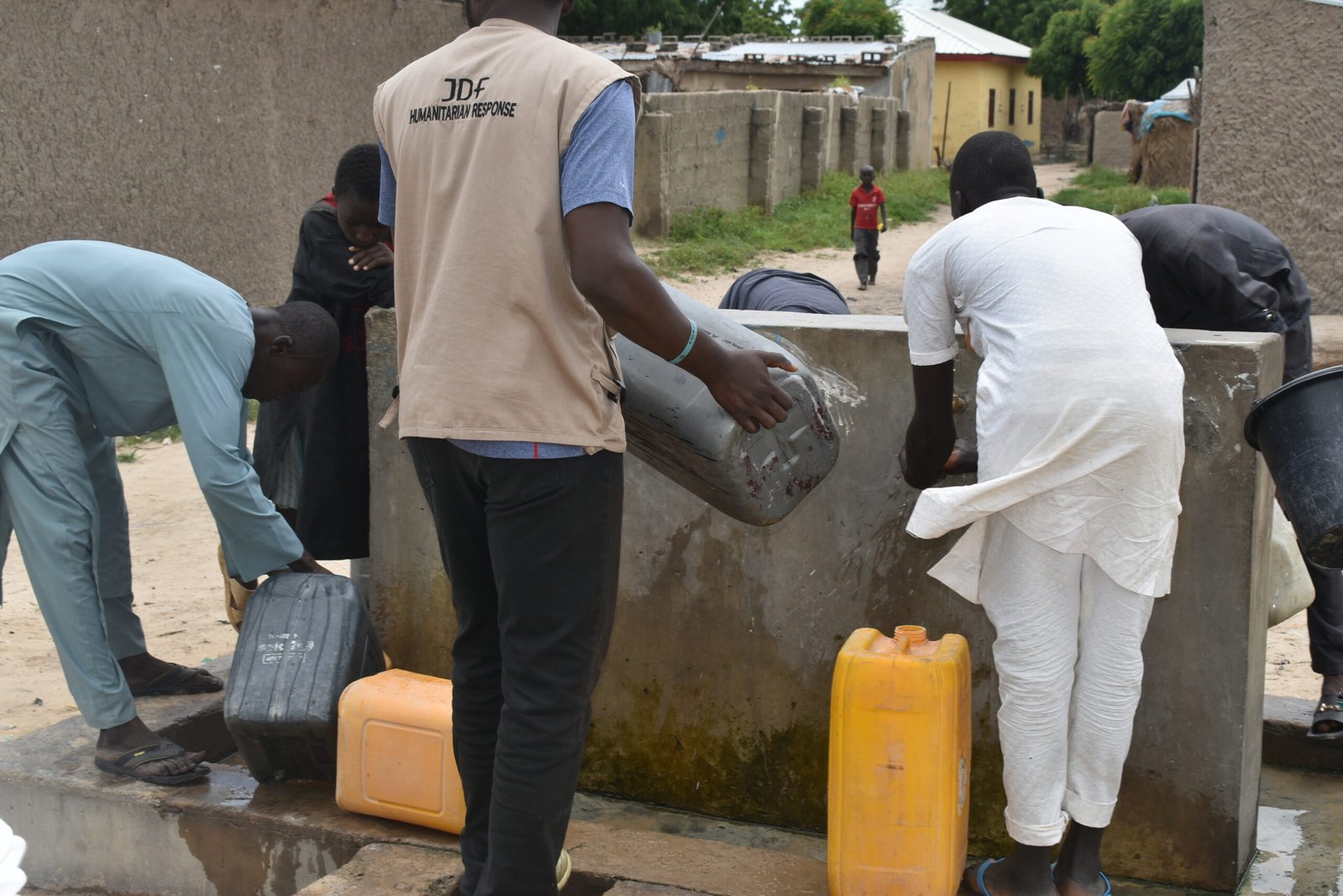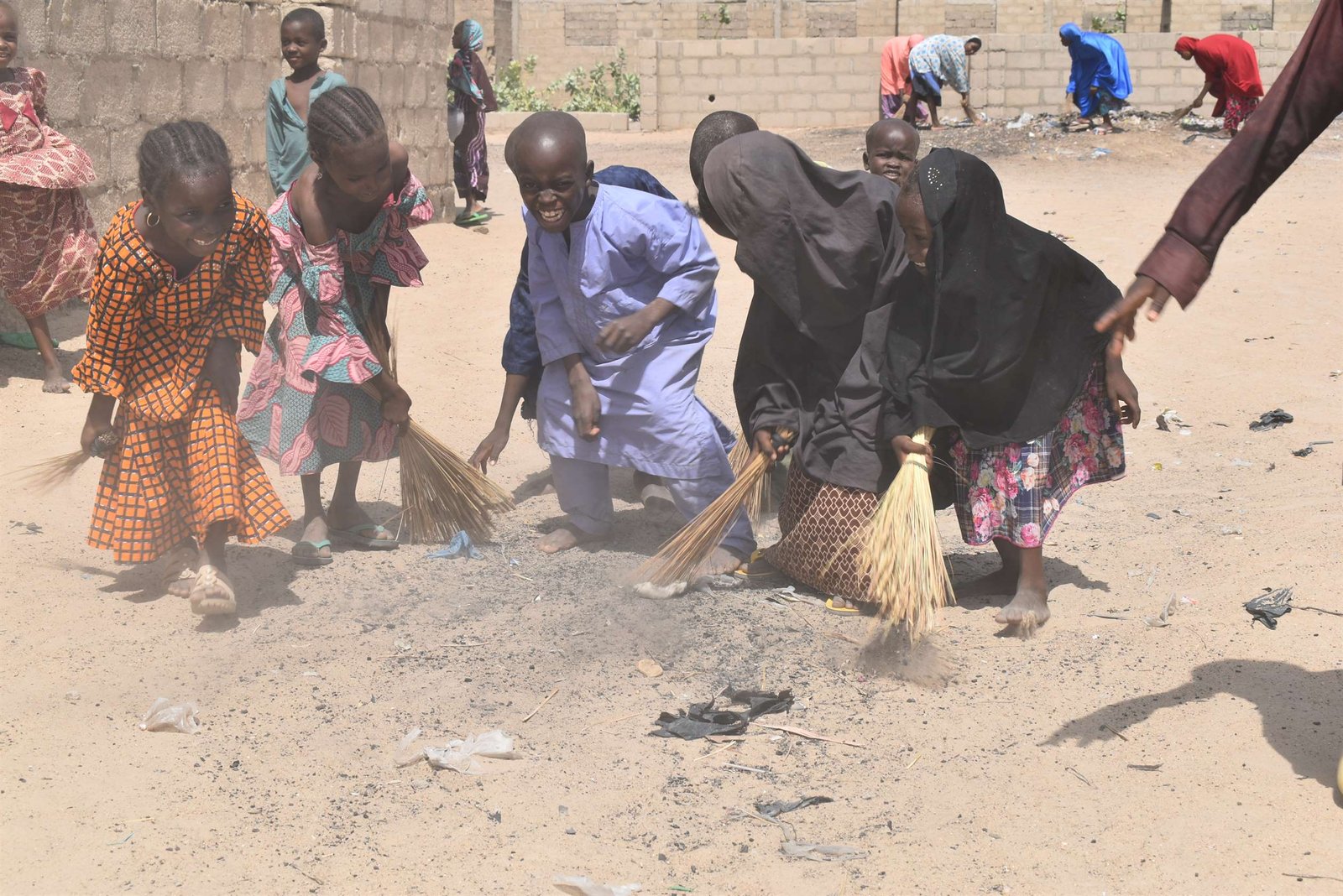JDF WASH SECTOR
Water, Sanitation, and Hygiene (WASH)
Everyone has the right to Water, sanitation, and hygiene thus, WASH plays a critical role before, during, and after emergencies with a goal to save lives, alleviate suffering and protect human dignity. Water, sanitation, and hygiene are so interdependent that without proper sanitation, water sources are at risk of contamination, and without water of sufficient quantity and quality, good hygiene practices are nearly impossible.
Poor hygiene, open defecation, and lack of access to safe water and sanitation systems are leading causes of personal and public health risks concerns such as diarrhea, cholera, typhoid, child mortality they also contribute to undernutrition and stunting, promotes acts of gender-based violence and act as barriers to economic opportunities.
Sustainable access to improved water and sanitation services and the correct and consistent practice of hygienic behaviors, use of basic sanitation, and handwashing with water and soap at critical times are key barriers along the faecal oral disease transmission route aimed at improving personal and public health.

Our Activities
- Distribution of WASH-NFI’s (Hygiene, covid-19, Menstrual, dignity and starter kits)
- IDPs and host communities reached with WASH and Lassa fever sensitization messages.
- Construction and rehabilitation of WASH facilities (Latrines, showers, hybrid boreholes, hand pumps, waste pits)
- Door to door hygiene and covid-19 hygiene promotion messages
- Dislodgement of communal latrines
- Distribution of water collection containers (jerrycans)
- Distribution of water trucks (Moya) distributed to ease water collection.
- Capacity strengthening for sanitation, water, and hygiene committees.
- Equipment of waste, water committees with maintenance tools
Image Gallery






